Who Should Start a Food Truck Business?
Have you always had a passion for cooking and dreamt of sharing your culinary creations with the world? Starting a food truck might just be the perfect business venture for you. You don’t need a traditional storefront and can reach a wide range of customers by traveling to different locations. If you love the idea of serving up delicious meals in a unique and mobile setting, a food truck business could be the right fit for you.
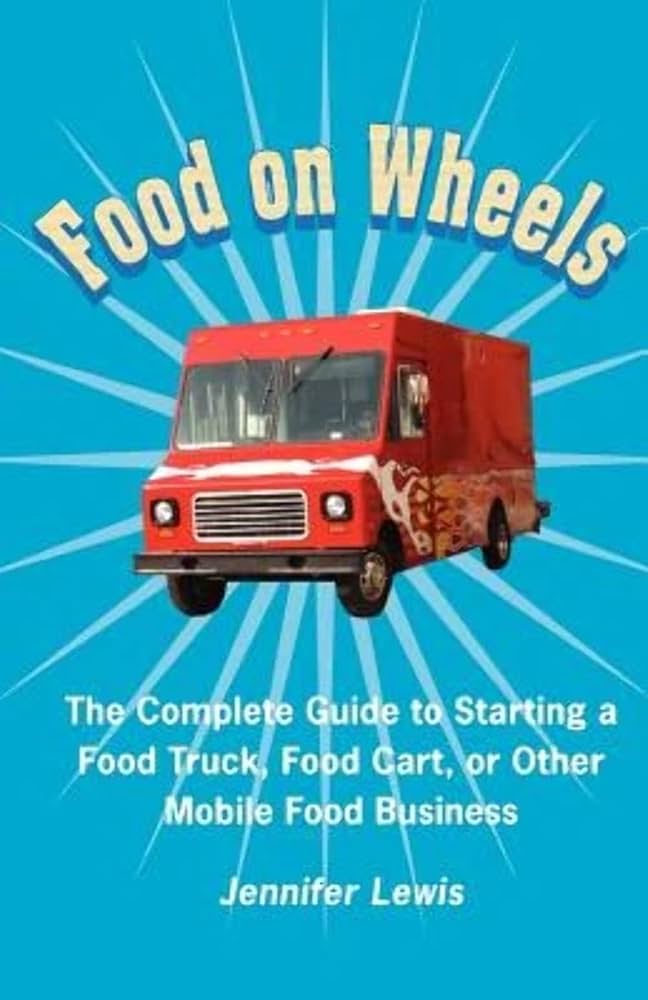
Research and Planning
Before you hit the streets with your food truck, it’s crucial to do your research and create a solid business plan. This will help you understand the market, identify your target customers, and plan out your financials and operations.
Start by researching the food truck industry in your area. What types of food trucks are popular? What cuisines are missing? Are there any regulations or restrictions you need to be aware of? Understanding the market will give you insights into what customers are looking for and help you position your food truck for success.
Next, create a detailed business plan. This should include your mission statement, target market, menu concept, pricing strategy, marketing plan, and financial projections. A well-thought-out business plan will serve as a roadmap for your food truck business and help you stay focused on your goals.
Market Research
Market research is essential for any business, and starting a food truck is no exception. Conduct surveys, analyze competition, and gather data on customer preferences to identify gaps in the market and opportunities for your food truck. This will help you tailor your menu and marketing strategies to meet the needs of your target customers.
Business Plan
A solid business plan is the foundation of a successful food truck business. It should outline your business goals, target market, competition analysis, pricing strategy, and financial projections. Your business plan will guide your decision-making and help you secure funding if needed.
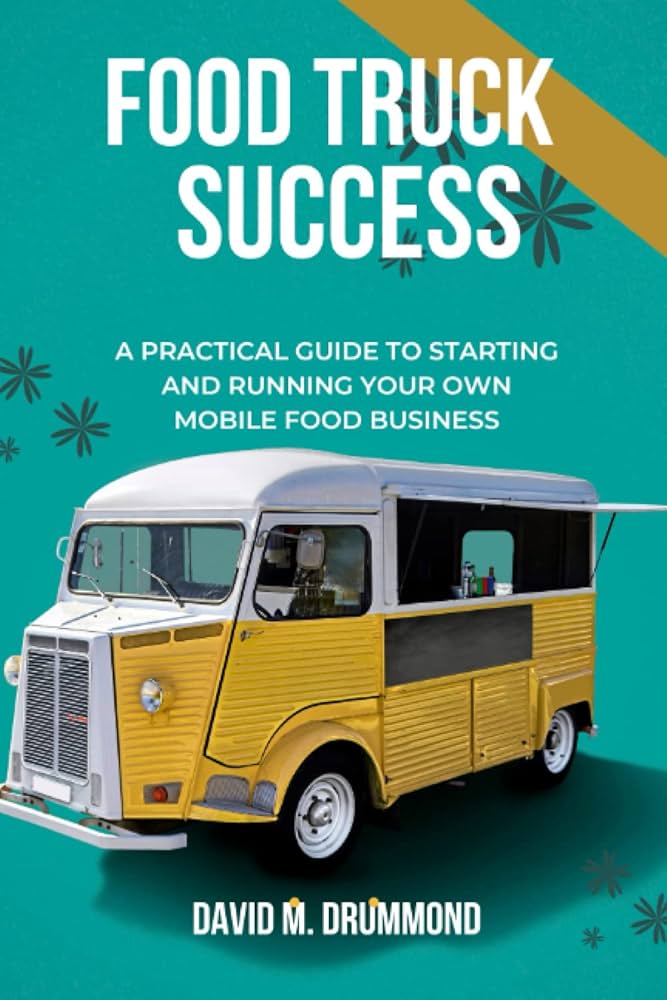
Legal Considerations
Operating a food truck involves navigating a variety of legal considerations, from obtaining permits and licenses to complying with health and safety regulations. It’s essential to understand the legal requirements in your area and ensure that you are in compliance to avoid fines or shutdowns.
Start by checking with your local health department to find out what permits and licenses are required to operate a food truck in your area. This may include a food handler’s permit, business license, and health inspection certification. Make sure to follow all regulations and keep your permits up to date to avoid any issues.
Additionally, you’ll need to familiarize yourself with zoning laws and parking regulations that may impact where you can operate your food truck. Some areas may have restrictions on where food trucks can park or how long they can stay in one location. Be sure to research and follow all zoning regulations to avoid any legal troubles.
Permits and Licenses
Obtaining the necessary permits and licenses is a crucial step in starting a food truck business. Make sure to research and apply for all the required permits, including health permits, business licenses, and parking permits. This will ensure that you are operating legally and avoid any penalties.
Health and Safety Regulations
Compliance with health and safety regulations is essential for food trucks to ensure the safety of your customers and protect your business. Make sure to follow all guidelines for food preparation, storage, and handling, as well as regular health inspections to maintain cleanliness and sanitation standards.
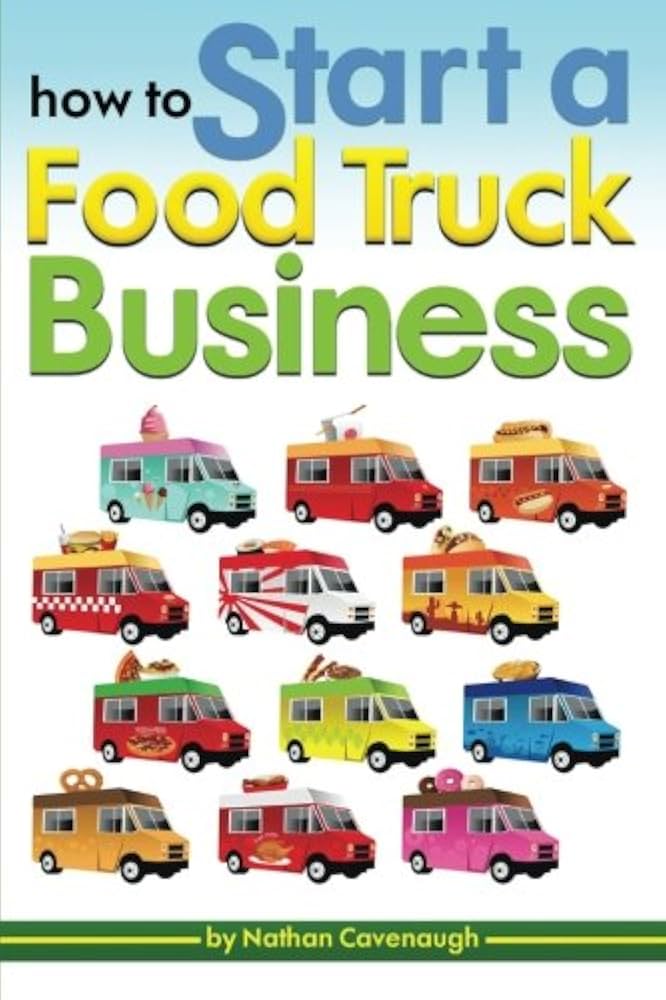
Location and Logistics
One of the key advantages of a food truck business is the ability to move to different locations to reach a diverse customer base. However, choosing the right locations and managing the logistics of operating a mobile business can be challenging. It’s important to plan ahead and strategize your route to maximize your visibility and profitability.
Research potential locations for your food truck by considering foot traffic, competition, and target demographics. Look for events, festivals, and busy areas where people are likely to be hungry and looking for a quick and convenient meal. Building relationships with event organizers and property owners can help you secure prime locations for your food truck.
Managing the logistics of a food truck business involves coordinating your menu, supplies, and staffing to ensure smooth operations. Develop a schedule and route for your food truck that takes into account travel time, setup and breakdown, and peak hours of business. Effective logistics will help you maximize your efficiency and profitability.
Location Strategy
Choosing the right locations for your food truck is critical to the success of your business. Consider factors like foot traffic, competition, and target demographics when selecting locations. Build relationships with event organizers and property owners to secure prime spots for your food truck.
Logistics Planning
Effective logistics planning is key to running a successful food truck business. Develop a schedule and route that maximizes your visibility and profitability. Coordinate your menu, supplies, and staffing to ensure smooth operations and deliver a high-quality experience to your customers.
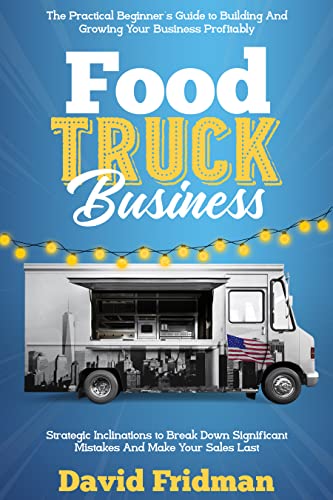
Menu Development
The menu is the heart of your food truck business and plays a crucial role in attracting customers and driving sales. When developing your menu, consider your target market, competition, and the unique selling points of your cuisine. Offering a diverse selection of delicious and affordable dishes will help you stand out and keep customers coming back for more.
Start by creating a menu that highlights your culinary skills and showcases your unique dishes. Consider popular food trends, seasonal ingredients, and customer preferences when designing your menu. Offering a mix of appetizers, entrees, and desserts will appeal to a wide range of customers and accommodate different tastes.
Pricing your menu items competitively is also important to attract budget-conscious customers and drive sales. Consider your food costs, overhead expenses, and profit margins when setting prices for your menu items. Offering combo meals, specials, and discounts can also help increase sales and encourage repeat business.
Menu Design
Designing a menu that is visually appealing and easy to read is essential for attracting customers and driving sales. Use photos, descriptions, and pricing to showcase your dishes and entice customers to order. Consider offering a mix of familiar favorites and unique specialties to appeal to different tastes.
Pricing Strategy
Developing a pricing strategy that is competitive and profitable is key to the success of your food truck business. Consider your food costs, overhead expenses, and profit margins when setting prices for your menu items. Offering value meals, specials, and promotions can help increase sales and attract new customers.
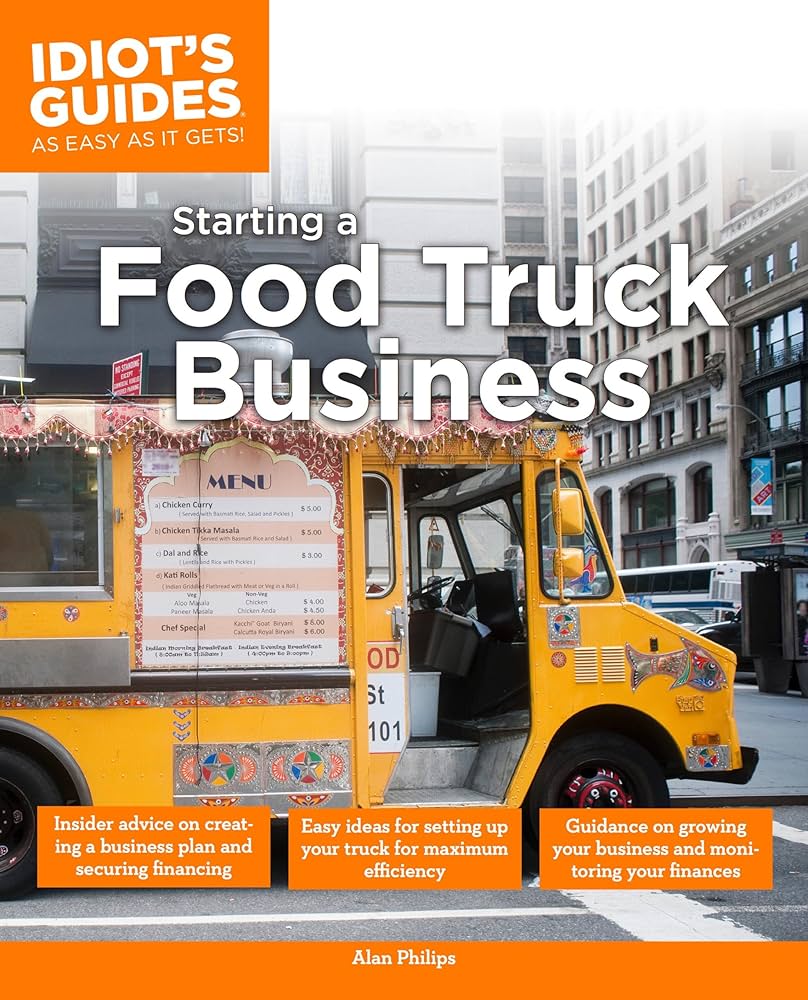
Marketing and Promotion
Effective marketing and promotion are essential for attracting customers and building brand awareness for your food truck business. Developing a strong online presence, engaging with customers on social media, and participating in events and food festivals are just a few ways to promote your food truck and drive sales.
Start by creating a website and social media profiles for your food truck to showcase your menu, hours of operation, and upcoming events. Use social media platforms like Facebook, Instagram, and Twitter to connect with customers, share photos of your dishes, and promote specials and promotions. Building a loyal following on social media can help increase awareness and drive traffic to your food truck.
Participating in events, food festivals, and community gatherings is another effective way to promote your food truck and attract new customers. Consider setting up a booth, offering samples, and engaging with attendees to showcase your dishes and generate interest in your food truck. Building relationships with event organizers and vendors can also help you secure future opportunities and grow your customer base.
Online Presence
Creating an online presence for your food truck is essential for attracting customers and building brand awareness. Develop a website and social media profiles to showcase your menu, hours of operation, and upcoming events. Engage with customers on social media to promote specials and connect with your audience.
Event Marketing
Participating in events, food festivals, and community gatherings is a great way to promote your food truck and reach new customers. Set up a booth, offer samples, and engage with attendees to showcase your dishes and generate interest in your food truck. Building relationships with event organizers can help you secure future opportunities and grow your customer base.
In conclusion, starting a food truck business can be a rewarding and profitable venture for aspiring entrepreneurs who love food and enjoy sharing their culinary creations with others. By doing your research, planning ahead, understanding legal requirements, and developing a solid business strategy, you can set yourself up for success in the competitive world of food trucks. With the right location, menu, and marketing strategies, you can attract customers, build a loyal following, and grow your food truck business into a thriving culinary empire.

